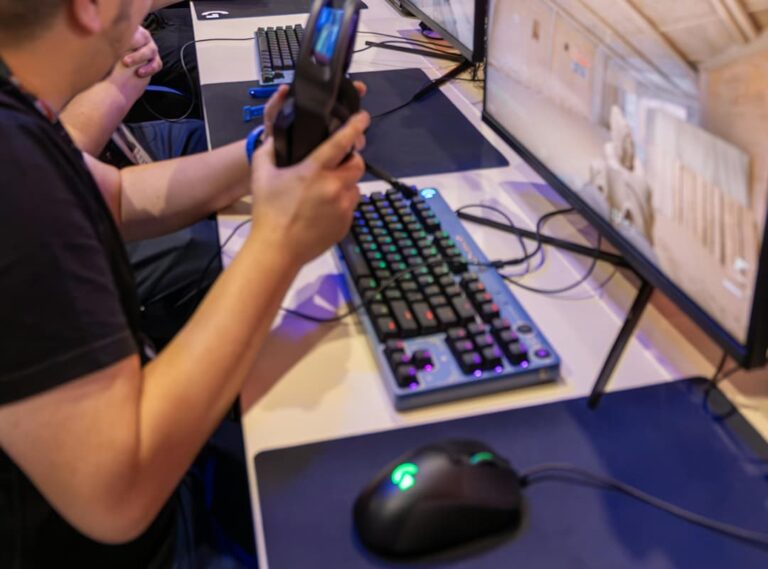In the realm of brain-training games, where mental agility meets global exploration, Flaggle stands out as an innovative and educational experience. This game combines the challenge of recognizing flags from around the world with strategic thinking and memory recall. Whether you’re a geography enthusiast, a puzzle aficionado, or someone looking to enhance their cognitive abilities, Flaggle offers an engaging way to learn and have fun simultaneously. Let’s delve into what makes Flaggle a compelling choice for brain-training enthusiasts.
Discovering Flaggle: An Introduction to Global Flags
Flaggle is a captivating brain-training game that revolves around identifying flags from various countries across the globe. Players are presented with a flag, and their task is to correctly identify the country it represents. This simple yet engaging premise challenges players to draw upon their knowledge of world flags, memory retention, and quick decision-making skills.
Key Features of Flaggle:
- Global Flag Recognition: Players learn to identify flags from over 200 countries, enhancing their knowledge of geography and international symbols.
- Educational Content: Flaggle serves as an educational tool, providing information about each country’s flag, including its design, colors, and symbolic meaning.
- Time-Based Challenges: With a countdown timer, players must think quickly and accurately, improving their ability to perform under time pressure.
- Progressive Difficulty: As players advance through levels, the complexity of flags increases, challenging their memory and recognition skills further.
How Flaggle Enhances Cognitive Abilities
Playing Flaggle offers a range of cognitive benefits that contribute to overall mental fitness:
1. Memory Enhancement: Remembering details about flags and associating them with specific countries improves memory recall and retention.
2. Visual Recognition: Identifying flags sharpens visual recognition skills, honing the ability to perceive and interpret symbols quickly and accurately.
3. Geographical Knowledge: Learning about flags expands geographical knowledge, fostering an understanding of global diversity and cultural symbolism.
4. Attention to Detail: Analyzing flag designs and colors encourages attention to detail, a skill crucial for many cognitive tasks and daily activities.
5. Problem-Solving Skills: Deciphering flags requires logical deduction and pattern recognition, improving problem-solving abilities and strategic thinking.
Tips for Playing Flaggle
To maximize your experience with Flaggle and optimize cognitive benefits, consider these tips:
- Start with Regions: Begin by focusing on flags from specific regions or continents to gradually build familiarity and confidence.
- Use Mnemonics: Create mnemonic devices or associations to aid in remembering details about flags and their respective countries.
- Practice Regularly: Engage in consistent gameplay sessions to reinforce memory and recognition skills over time.
- Challenge Yourself: Increase the difficulty level as you progress to continuously challenge and improve cognitive abilities.
- Explore Flags Historically: Research the historical and cultural significance behind flags to deepen understanding and appreciation.
Flaggle offers a unique blend of educational content and brain-training challenges, making it a valuable tool for anyone looking to expand their global knowledge and enhance cognitive abilities. Whether you’re passionate about geography, enjoy puzzles, or simply seek a stimulating mental exercise, Flaggle provides an engaging platform to learn, explore, and grow. Embrace the opportunity to discover the world through its flags and embark on a journey of cognitive enrichment with Flaggle!






